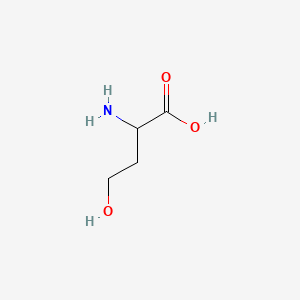Monday night I made
Wheat Berries with Berries, from Mark Bittman's
The Food Matters Cookbook. (Morgan's not home, so this is my opportunity to eat nothing but breakfast foods.)
It took a lot longer than I thought it would. Contributing factors may include the fact that I was distracted and allowed the wheat berries to get a little dry (which may have slowed their cooking), and also the fact that, because I'd never had wheat berries before, I was not entirely sure what cooked wheat berries are supposed to be like. They still seemed crunchy even after
three hours of cooking (but, after resting overnight in the fridge, the leftovers were much softer).
So if I were to make this recipe again, I would probably soak the wheat berries in the almond milk overnight (in the fridge, to keep the milk from spoiling) before cooking, in the hopes that would make it go faster. Another modification I would make would be to add the sweetener at the very end, because 1/4 cup of honey turned out to be way, way too sweet for me (and it's hard to taste with uncooked wheat berries).
But, even though it was a little frustrating, I'm still glad I tried it. It's also given me the idea of using almond milk to cook other grains, like quinoa, oats, or even rice. (And I do have a lot of almond milk left that I need to use.)
Wheat Berries with Berries
3/4 cup wheat berries
2 cups almond or oat milk
1/4 cup maple syrup or honey, or to taste
4 cups berries [
I used frozen]
1/4 cup sliced almonds
1. In a large pot [
actually, a medium pot would probably do just fine], combine the wheat berries with the milk and honey. Add water if necessary to cover the wheat berries by at least one inch. Bring to a boil, then adjust the heat so the mixture bubbles gently.
2. Cook, stirring occasionally, until the wheat berries are tender, which may take anywhere from 35 minutes to over 2 hours [
like, way, way over 2 hours]. Add boiling water as necessary to keep the wheat berries covered and to keep them from drying out as they swell and become tender. Wheat berries are done when they're tender with a slight bite to them; the mixture will still be a little soupy.
3. Add the berries to the wheat berry mixture and stir until they soften a bit. Serve warm, garnished with the almonds.









